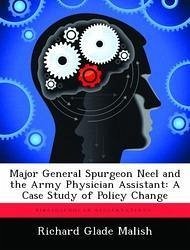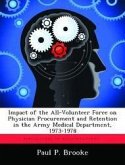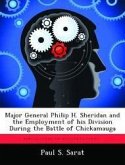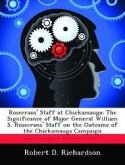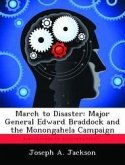Third Place Winner of the MacArthur Military Leadership Writing Competition for the CGSC Class 2009-02. Policy gives the Army its skeleton. Its components change to adapt to both stress and inactivity. Flimsy policy weakens Army foundation and generates negative consequences that may remain invisible for years. Intelligent and innovative policy strengthens the Army and gives it resilience. Wartime experience is especially important in the process of military policy formation because it presents data specific to the core identity of a military force. As opportunities arise to incorporate wartime lessons into current policy, patterns of the past become relevant. Perhaps the greatest modern medical policy-maker was Major General (MG) Spurgeon Neel. Serving from 1943 to 1977, Neel is best known as the "Father of DUST OFF" or the "Father of Aviation Medicine" for his pioneering role in the creation of the doctrine of helicopter medical evacuation. One of Neel's greatest strengths was his power of evidenced-based persuasion. He published more than 33 articles in the fields of flight, operational, and military medicine. He was passionate about his causes to be sure. Nonetheless, his support for them was based on rational analysis. Diverging from common mental models, the ideas contained in his writings included a supported set of instructions for an improved future. Most importantly, as a champion of change, MG Neel possessed the leadership skills to convince the establishment that his visions were incontrovertible. Almost all of Neel's policies have withstood the test of time. One has become distorted. In 1973, Neel described the concept of the physician assistant (PA) to the Army. Whether the idea was his alone, that of his superior, or a consensus creation is unclear. What is definite is that it was MG Neel who provided the justification and voice behind the plan. His vision for the PA position was specific. As with other policies, he supported it with documented insig

